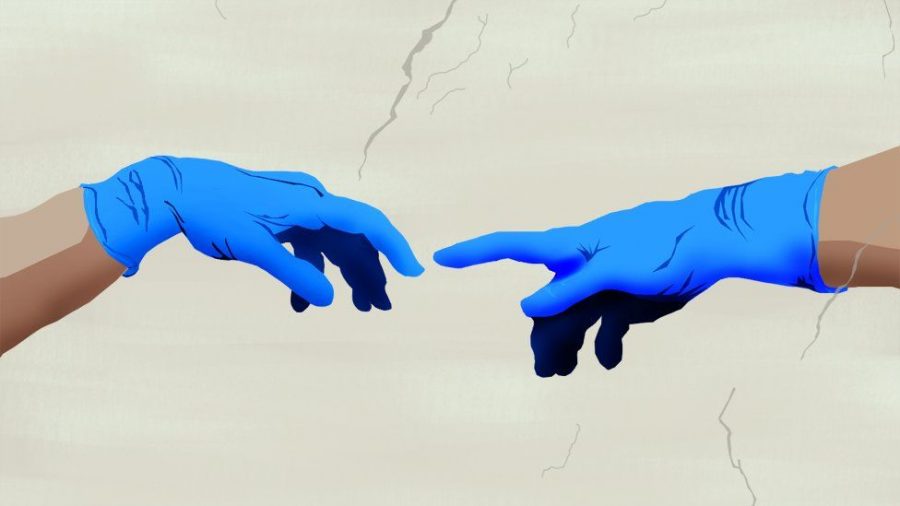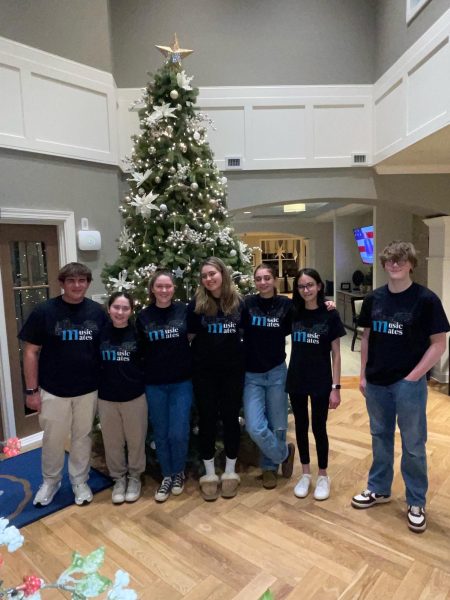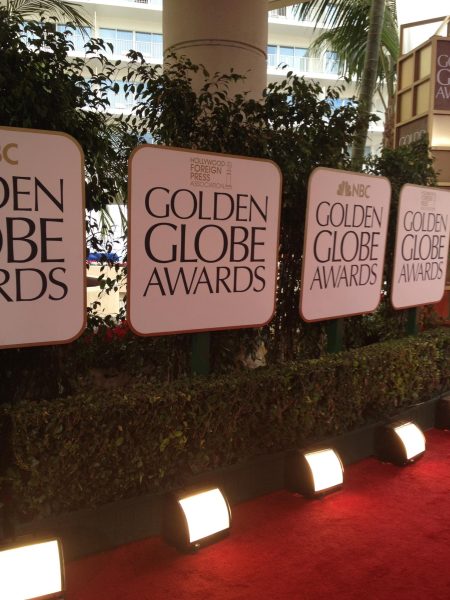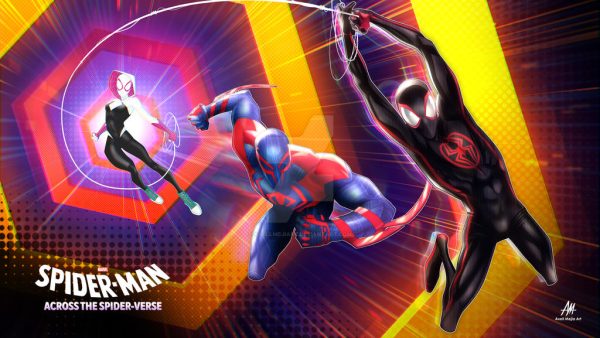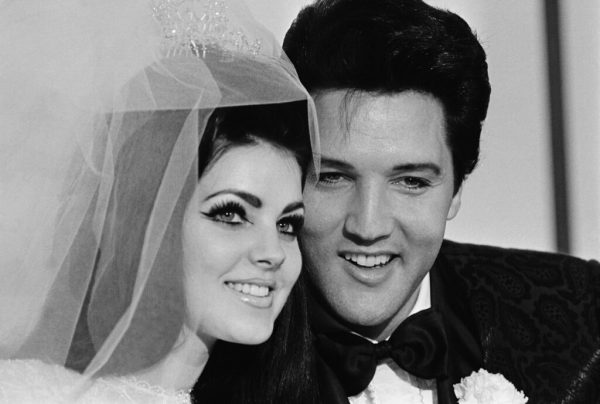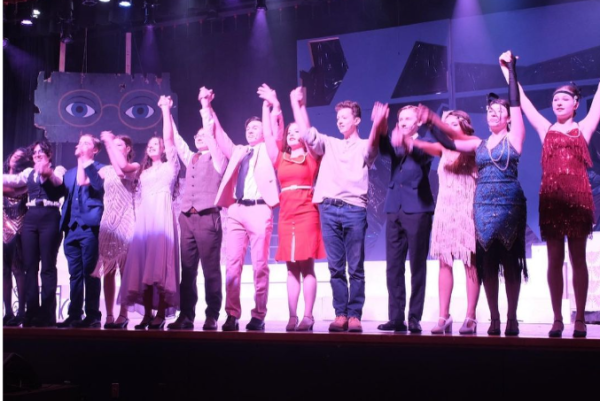Normal Things That Will Change Due to COVID-19
March 16, 2021
Just like any major historical event, COVID-19’s effects will last for longer than the average person would expect. Take the Great Depression, for example. It brought to light socio-economic issues, just as COVID-19 is doing with health-related practices. So, you may ask yourself – what is going to change?
1.Birthdays
Paul Dawson, Clemson professor of food safety explained, “The tradition of blowing the candle out then cutting the cake and passing it around would really be a thing of the past post-pandemic” (McCutcheon). Even clinking glasses together to say “cheers” will become a thing of the past as well. It is becoming apparent to many how unsanitary birthday celebrations and traditions actually are. Even something that seemed as harmless as singing “Happy Birthday” is a method of “spreading droplets that could carry respiratory illnesses, such as the novel coronavirus” (Pietsch). The qualified statements of other professors like Melissa Nolan of Columbia University suggest that “it’s best to take singing outside [and] to spread out, too” (Pietsch).
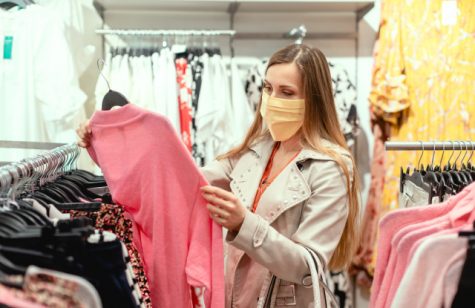
2. Shopping
Once known as an exciting outing, going out to shop is now known as a chore. “Shoppers will be looking for spaces where they feel safe,” says CNBC. Examples of new safety precautions include “contactless payment methods, such as Apple Pay [in malls]” and “holding merchandise that customers try on in fitting rooms for 24 hours before returning it to its racks”. Personal space is also becoming increasingly important and with that, “open-air shopping centers will be preferred over enclosed shopping malls” (Thomas). According to the New York Times, online shopping is now the most popular method of consumerism due to its ease of access and safety. The “‘stumble-upon, surprise-discovery’” element of browsing is more difficult. With this in mind, CEO of Create & Cultivate Jaclyn Johnson conceptualized her pop-up shop as an “‘online, offline hybrid” (Pietsch). It has the assurance of COVID-19 protection with the excitement of finding, new unexpected items by using window shopping and in-store pickup or delivery through Postmates.
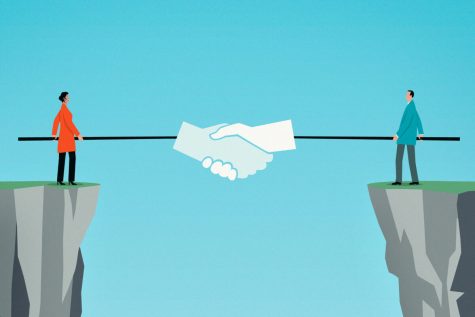
3. Greetings
Are high fives and handshakes now obsolete? COVID-19 has caused people to resort to the “clunky [and] awkward” elbow bump (Pietsch). While some say that you could just carry around hand sanitizer after a handshake, Harvard associate professor of epidemiology William Hanage argues otherwise. “‘The major difference is that here we are dealing with a disease to which we have no immunity, and to which we can [be] pretty sure we are going to be getting exposed’”, says Hanage (Walsh). Emory University professor Dr. Neel Gandhi “told ESPN, ‘when we talk about maximum transmission [of the coronavirus] the hands are the place where I focus on the most’” (Ettinger). So, for now, people are going to have to adapt. Although the main message is social distancing, hugging seems to still be acceptable when necessary. It is considered less risky than touching hands because the two peoples faces are turned away from one another.
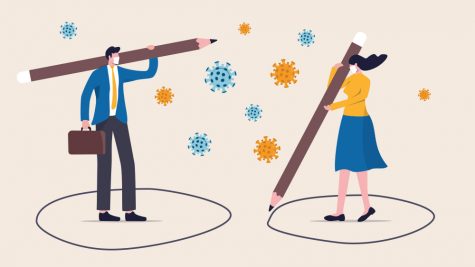
4. Working
The subject of working during the pandemic is something that has affected virtually everyone and many ponder the permanence of work-from-home mania. Wharton management professor Nancy Rothbard weighed in stating that home will become long-lasting. People have “[risen] to the occasion” and pushed away “[views of] suspicion [among] managers”. Some have expressed feelings of enjoyment having to do with working from home. Rothbard told of the “little boost of energy seeing [her] children during the middle of the day.” Others are considered “segmentors”, who “might get distracted” having family around their workspace. After going through an entire year of working remotely, it is undeniable that it gives students and employees more flexibility. This is the reason it “some proportion of remote work is here to stay.” (Rothbard, Knowledge @ Wharton)

